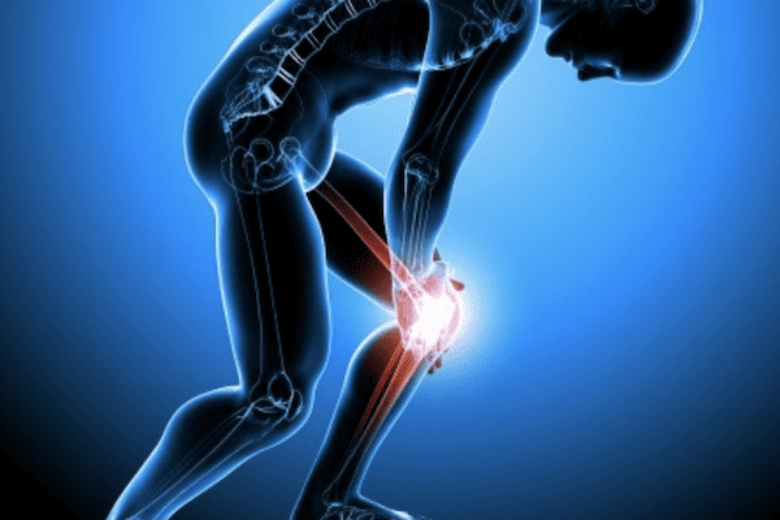Use our convenient online scheduler to book an appointment now.

Not all meniscal tears require surgery… but many do. If you have a meniscal tear, you probably want to know what the available torn meniscus treatment options are.
Like many orthopedic injuries, there are both nonoperative and operative treatments available. Usually it will require an evaluation by a sports medicine knee specialist to determine which of the torn meniscus treatment options is best for you.
Torn Meniscus Treatment Options
1. Nonoperative Treatment
Certain types of meniscal tears may respond to nonoperative treatment. Degenerative tears in more senior patients may not even be symptomatic. They can be a normal result of the knee’s aging process. When symptomatic, however, they may respond to nonoperative treatment.
On the other end of the spectrum are small peripheral tears, usually occurring after trauma and usually in younger patients. Because there is a very good blood supply in this region and therefore a good environment for healing, as long as the tear is stable, it may have a good response to nonoperative treatment.
Finally, just because you have a meniscal tear, that doesn’t mean that surgery can resolve your symptoms. Many patient’s with arthritis of the knee, will have meniscal tears. If the arthritis is the cause of their symptoms and the meniscal tear isn’t (which is often the case), surgery to “treat” the meniscal tear, won’t help. In fact, it can make the symptoms worse. :-(. In these cases, nonoperative treatment or surgery directed to treating the arthritis are the appropriate options.
So if nonoperative treatment is one of a number of viable torn meniscus treatment options for your symptomatic meniscal tear, what nonoperative treatments are reasonable and worth trying?
Typically, I will attempt a course (usually at least 4-6 weeks, longer if some improvement is seen) of relative rest (avoiding painful activities, usually squatting and twisting activities), anti-inflammatories (if medically safe for the patient) and occasionally physical therapy (if there is any weakness or stiffness).
If the symptoms persist at a level unacceptable to the patient or if the patient is not one of the candidates for nonoperative treatment as I discussed above, then in order to resolve the symptoms, surgery is usually recommended.
2. Operative Treatment – Surgery
There are two surgical techniques available to cure the symptoms of meniscal tears. Each has its place and specific indications. We’ll discuss these in more detail in another post but in short, the two procedures are:
Meniscectomy
As I discussed in another post, certain types of meniscal tears are not likely to heal. Therefore the options in these cases are to have persistent symptomatic torn tissue remaining in the knee or to remove it. A repair won’t work. Removing the tissue is called a meniscectomy. In actuality, the procedure that we perform is a partial meniscectomy. We only remove the torn tissue, leaving all other healthy meniscal tissue intact. Usually it’s very effective.
Meniscal Repair
A number of meniscal tears can heal if the tissue is repaired and stabilized. Typically these are tears that at least involve the outer edge of the meniscus, where the blood supply is best. Usually these are found in younger patients and are often associated with a traumatic injury, particularly an ACL tear. Typically the results are better, the earlier these tears are treated.
As you can see, what torn meniscus treatment options are best for you, is not so simple to determine. Additionally, some tears will do better if treated early. For these reasons, it’s always a good idea to get your meniscal tear evaluated by an orthopedic sports medicine knee specialist as soon as possible.
Join our Mailing List
TCO provides patients with orthopedic problems the trusted resources and patient-centered advice they need to “Feel Better. Move Better. Be Better.”
© 2024 Town Center Orthopaedics | All Rights Reserved



